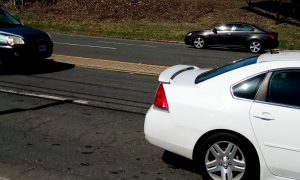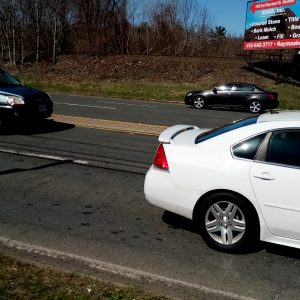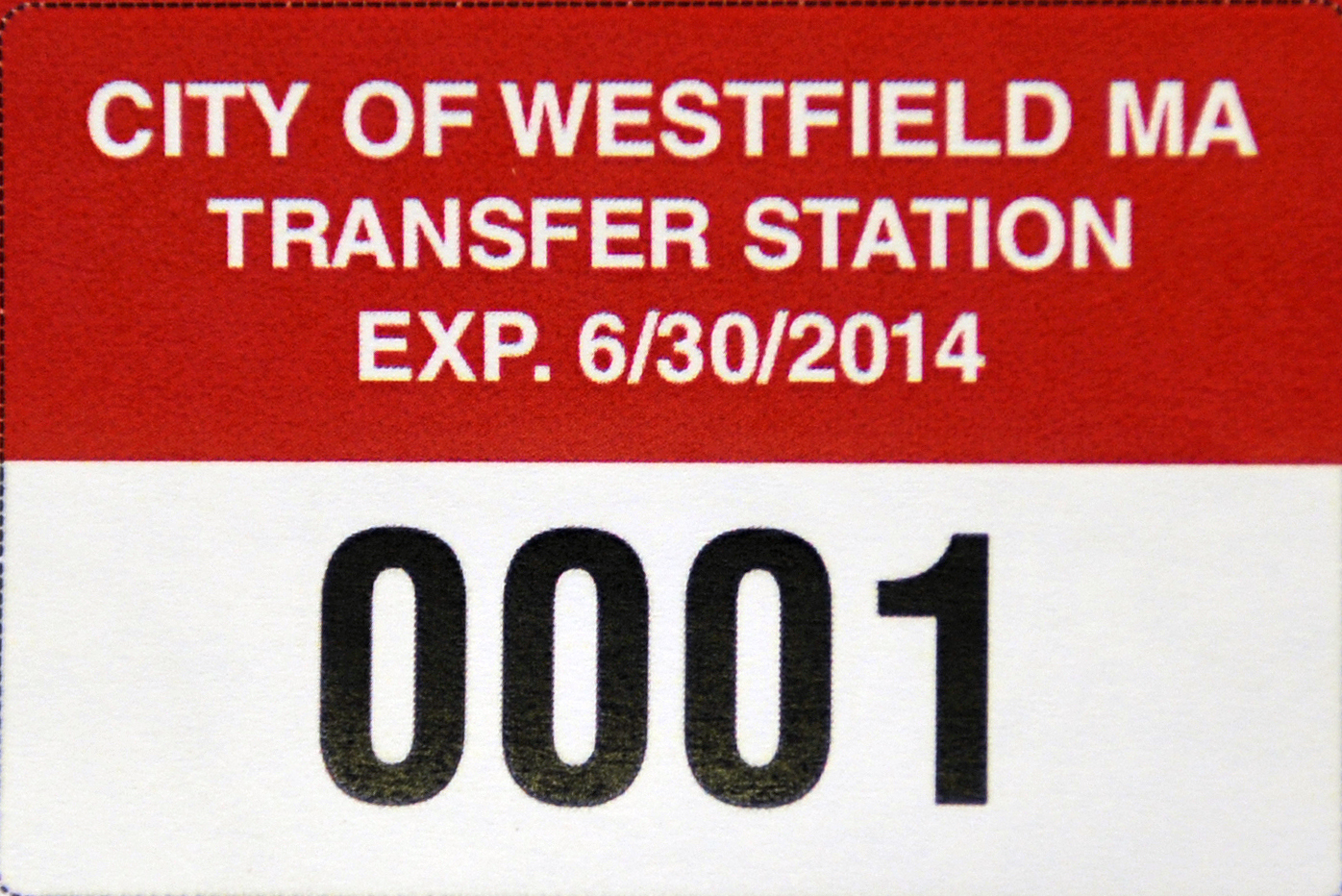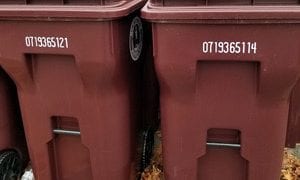WESTFIELD – The City Council Thursday night urged Health Director Michael Suckau to seek additional funding needed to expedite projects at the Twiss Street transfer station.
Suckau appeared before the council to present a status report on the transfer station projects. Suckau, who was appointed to his position last January, said the projects have been delayed because of a storm water drainage issue.
The council voted to approve more than $200,000 two years ago for construction of a gatehouse and for the design of covered facilities required by the state Department of Environmental Protection and the Federal Aviation Administration, as part of a process to increase the tipping tonnage at the transfer station.
The city currently has a tipping limit of 50 tons per day, just sufficient to handle the volume of trash from curbside collections. The city had initiated the design process for a facility with a tipping tonnage of 99 tons a day. Part of that process is to construct a pole shed over the tipping area, which is currently an open-air facility, a concern to the DEP and FAA because it is an attractive nuisance for wildlife and birds. The proximity of the transfer station to the approaches of Barnes Regional Airport raises concern for aircraft striking birds.
During that initial design phase an area of massive erosion was discovered in the southeast corner of the facility. Storm water draining from the impervious surfaces of the transfer station washed tons of soil into the retention pond of the Powdermill Flood Control Dam. The erosion was also undermining the tracks of the Pioneer Valley Railroad.
The funding, originally dedicated for the construction projects was diverted to dealing with the mitigation of the erosion problem.
Suckau said that storm water mitigation work is nearly complete but that “it took up a considerable part of the funds for the improvements. Any funds left will be used in the design” of the facilities needed to obtain the tipping lift increase.
Suckau also said that he is now seeking to increase the lift to 150 tons a day because the environmental studies are identical to those needed for the 99 ton per day permit and that it makes sense to seek the higher limit, even if the city does not immediately use that additional tipping capacity.
Ward 6 Councilor Christopher Crean, who had served as chairman of the ad hoc committee evaluating the privatization of the city’s trash collection, and perhaps transfer station, said the committee recommended keeping those services under city control because of the revenue generating potential of the transfer station in particular.
“There is so much opportunity to make millions of dollars a year,” Crean said. “The city has an asset. Put your running shoes on and push this through the state (permitting process).”
Crean also urged Suckau to begin to restrict access to the transfer station by establishing a control point at the gate. Several members of the council expressed concern that, because there is no access control, people from outside the city are using the transfer station designed as a service only for city residents.
“Put somebody at the gate now,” Crean said.
Ward 2 Councilor James E. Brown Jr., said the “council will support getting the (design and construction) process done faster. Certainly getting a return on our investment is a good thing. Going right to the top (tipping limit) to bring money back into the city is something we’d support.”
Ward 5 Councilor Richard E. Onofrey Jr., also urged Suckau to seek additional funds to speed the construction and permitting process.
“Two years ago we authorized a bond for construction,” Onofrey said. “I understand that the storm water issue delayed that, but part of that funding was for a gatehouse. “I’ve been up there several times and have never seen anyone checking what was being brought into the facility or if the people who were coming in were city residents. It’s a real concern.”
“Not only are we not making money, it’s costing us money (to operate the unrestricted access facility)”, Onofrey said.
Councilors also expressed concern about the transfer station hours of operation. The facility is only open during normal business hours during the week when most people work and for a few hours on Saturday morning. Suckau said the problem with extending Saturday hours is that it is done with overtime funding.
At-large Councilor David A. Flaherty suggested hiring a part-time person to man the gate on Saturdays and imposing a $2 convenience fees on residents wishing to use the station.
“We should also consider a traffic study to help schedule when we need people to work,” Flaherty said.
Other members suggested closing the facility during a weekday to facilitate keeping it open on Saturdays. Other suggested that Suckau evaluate changing the hours of operation during the week and keeping the facility open evenings so resident would have access after work.
“The public sector doesn’t push the envelope,” Crean said. “I want all of us to get out of the mindset that it’s just a dump. Let’s look at it as a retail operation. The hours of operation are not conducive to citizens who have to work during the week. If you were selling sweaters, you’d be out of business.”
Other issues discussed included the possibility of generating revenue through the compost operation, changing to a single-stream recycling program and perhaps hiring a transfer station manager.
Suckau said that he would discuss the concerns and issues raised by the council members with Mayor Daniel M. Knapik for both near-term and long-term solutions and funding.






